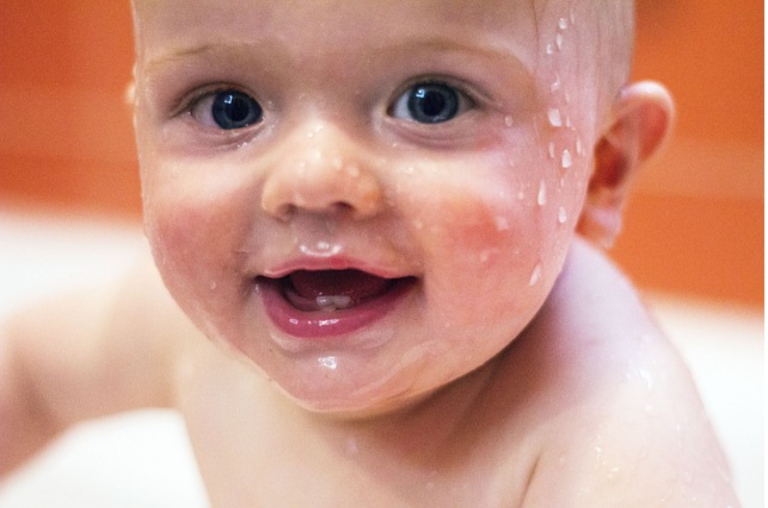
When baby’s first tooth pops through, it’s kind of a big deal. We share the news with friends and family, and give a big sigh of relief that the first bout of teething is finally over. But when do we start taking baby to the dentist for check-ups, and how are we supposed to care for these first teeth? Why didn’t this kid come with a manual?
According to the American Academy of Pediatric Dentistry, tooth decay is the number one chronic infectious disease amongst children in the U.S. It can begin as early as age one and can set the stage for a lifetime of oral health issues. It’s important to begin preventive care even before that first tooth pops through in order to establish healthy habits that will carry over into adulthood.
As more teeth emerge, it’s important to continue daily oral care:
Avoid unnecessary fear and trauma by making routine dental visits a positive experience. Don’t wait until your child is in pain to make your first visit to the dentist. Choose a dental office that has a pediatric dental specialist on staff and use those early visits to establish trust and rapport between your child and their dentist. The Dental Care Center Kids (TDCC Kids) has pediatric dental specialists and highly trained hygienists who can provide a fun and comfortable setting for your child. Contact our TDCC Kids office today to get your child started on the path to a lifetime of good oral health.